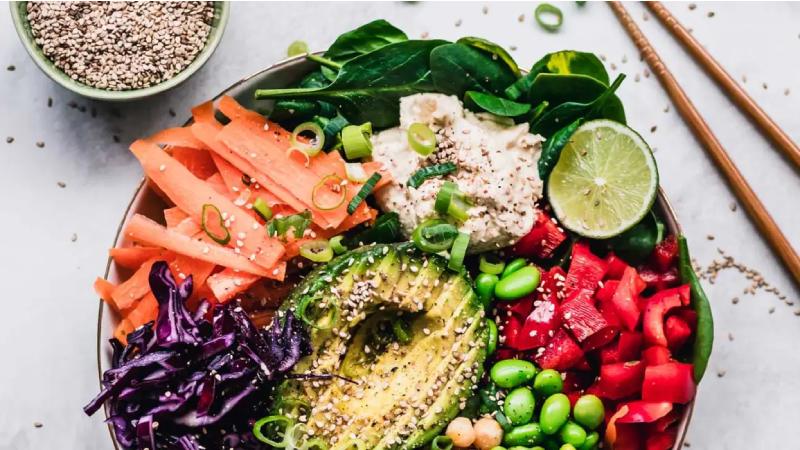Diet Tips for Menopausal Women
Menopause can begin anytime between the ages of 45 and 55. Its duration could last as long as 14 years, but the average length of a menopausal transition is about seven years. During this time, the body’s hormonal changes can trigger uncomfortable and potentially debilitating symptoms that can include hot flashes, pain and trouble sleeping. Some dietary changes can, however, make a significant difference in providing relief from the symptoms often associated with menopause.
Foods and Nutrients Can Help the Body Transition
In the past, treatments for menopausal pain and discomfort included hormone-based medications. The connection between those treatments and an increased risk for more serious health problems including cancer has limited their use. Addressing the issue of menopause vitamin deficiency through nutrition and supplementation can be an effective and safe way to reduce or eliminate the associated discomforts.
A regimen of plant-based nutrition coupled with an avoidance of processed and “added-sugar” products is a good foundation for a menopausal diet. Because it’s difficult to obtain all of the needed vitamins and nutrients from food alone, supplementation is often necessary. Calcium, magnesium, S-equol and the vitamins D and B12 are important components in a menopausal diet, but the amounts needed are often unattainable from daily meals alone.
Some of the plant-based foods that contain nutrients shown to be effective in relieving the symptoms of menopause include:
- Whole-grain foods such as barley, whole-wheat bread and brown rice
- Fruits and berries, particularly those with a darker color
- Vegetables, especially cruciferous vegetables, such as broccoli
- Foods containing phytoestrogens, such as soybeans and chickpeas
Phytoestrogens, which include the soy-derived S-equol form, are especially helpful in reducing menopausal symptoms because the body interprets them as estrogen molecules. Menopausal symptoms are a result of the body reacting to the reduction and eventual end of its estrogen-producing cycles. Phytoestrogens can, however, bind with the body’s estrogen receptors and mimic the effects of internally produced estrogen. The end result is a menopausal transition that can take place with much less discomfort. In some cases, there may be no menopause symptoms at all.
Plant-Based Supplements Are Better
Because they’re made from synthetic rather than natural ingredients, your body will often ignore artificial nutrients and simply pass them through without absorbing them. Plant-based supplements, however, come from vegetables, nuts, seeds, spices, fruits and other botanical sources found in nature.
The body’s ability to absorb and use a particular vitamin or nutrient reflects that substance’s bioavailability. Basically, the human body can spot the difference between what’s real and what’s artificial. In terms of bioavailability, plant-based menopause supplements are no exception. Your body will make much better use of a naturally sourced supplement than one created from artificial ingredients.
The Plant-Based and Non-Prescription Phytoestrogen S-Equol
Soy-derived S-equol is a plant-based phytoestrogen that’s both non-hormonal and available without a prescription. There’s no need to let hot flashes, interrupted sleep and muscle pains cramp your style; you can easily obtain a non-prescription supplement containing S-equol online. Although diet alone may not provide the amounts of nutrients needed, plant-based menopause supplements can supply what the body needs to alleviate the uncomfortable symptoms associated with a menopausal transition.
Diet Tips for Menopausal Women


